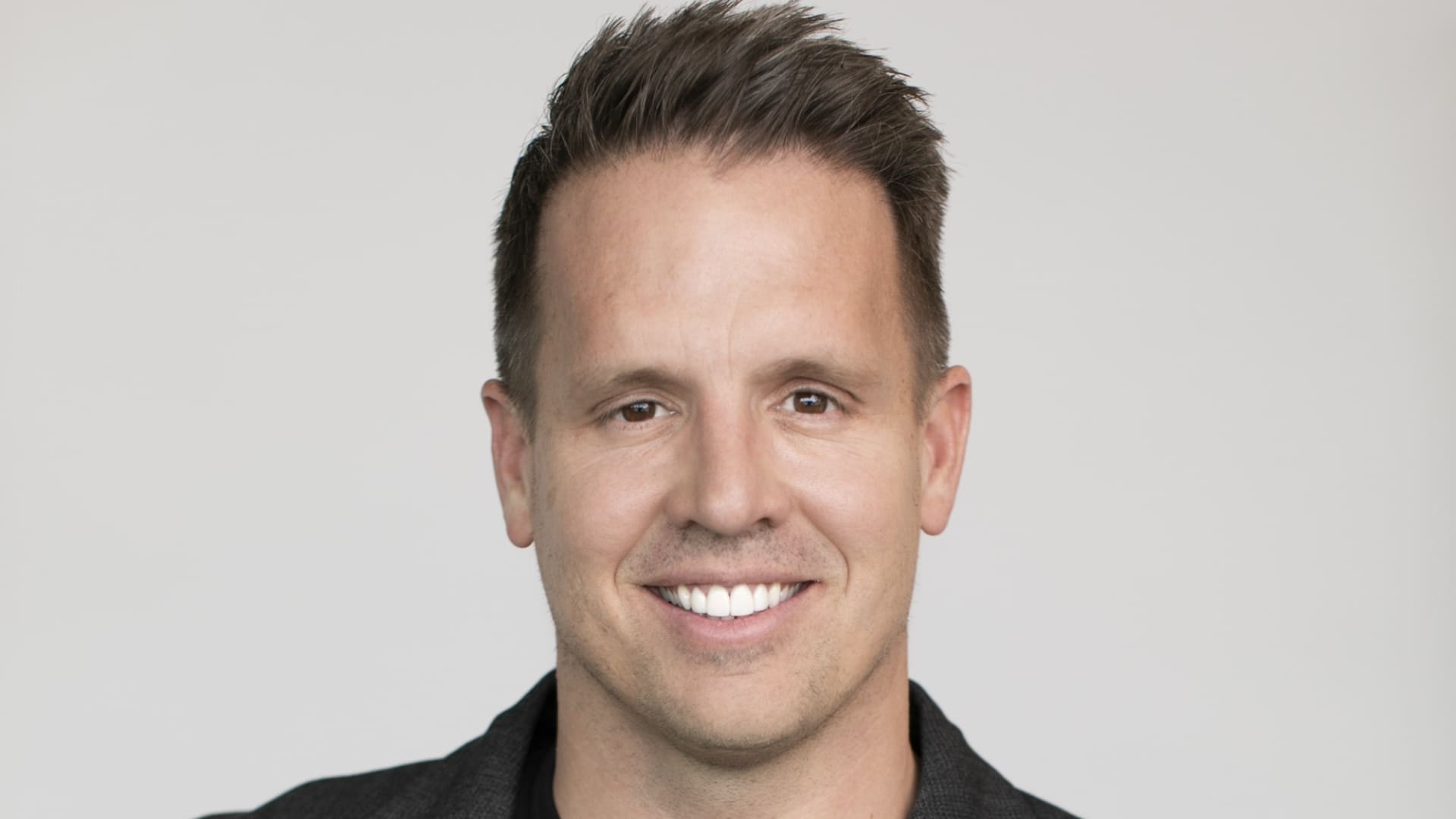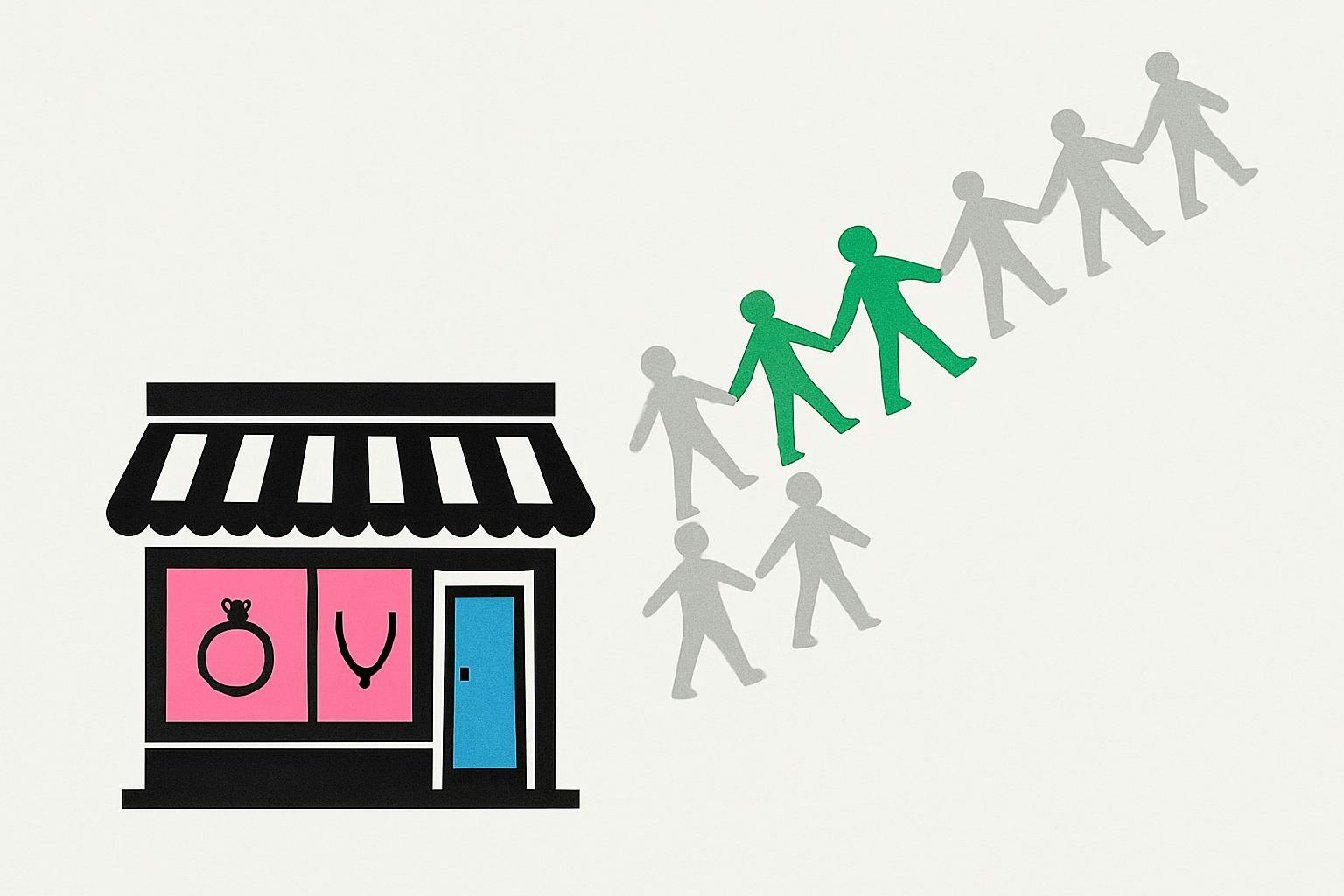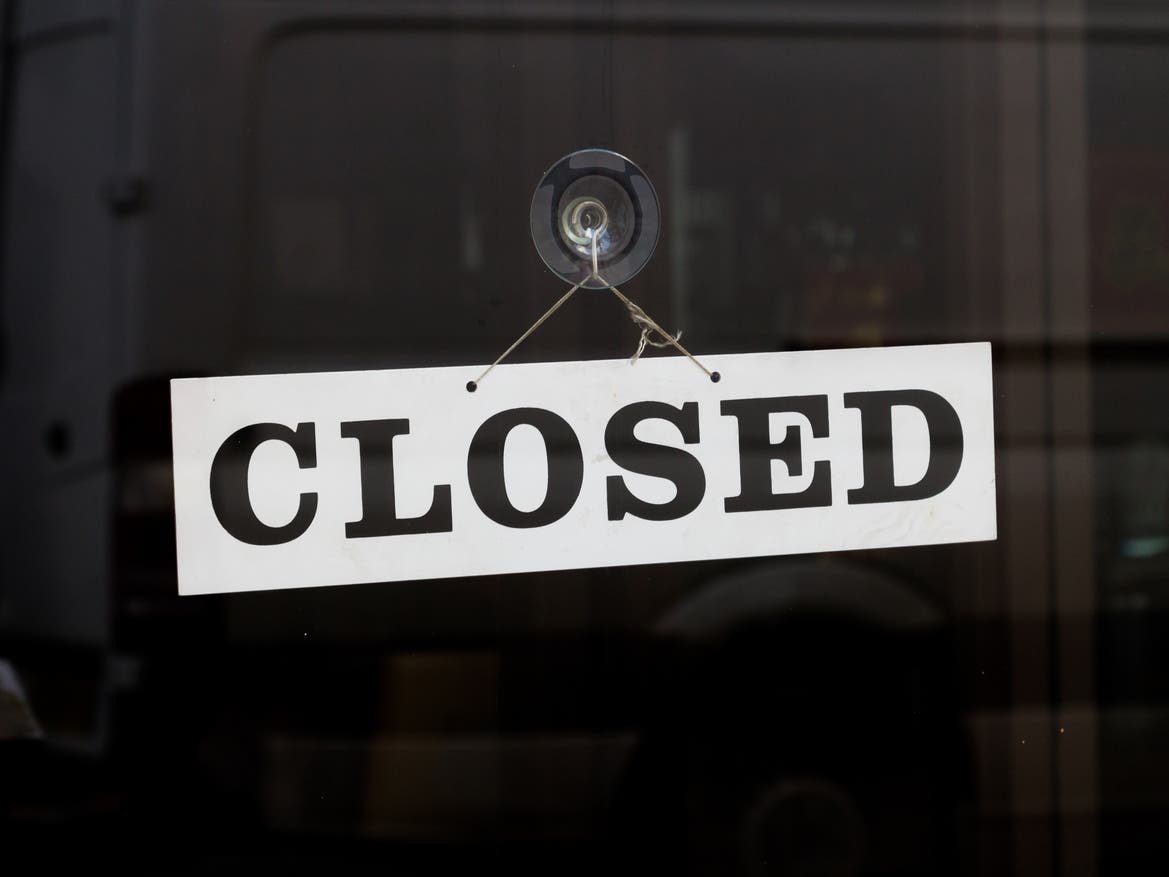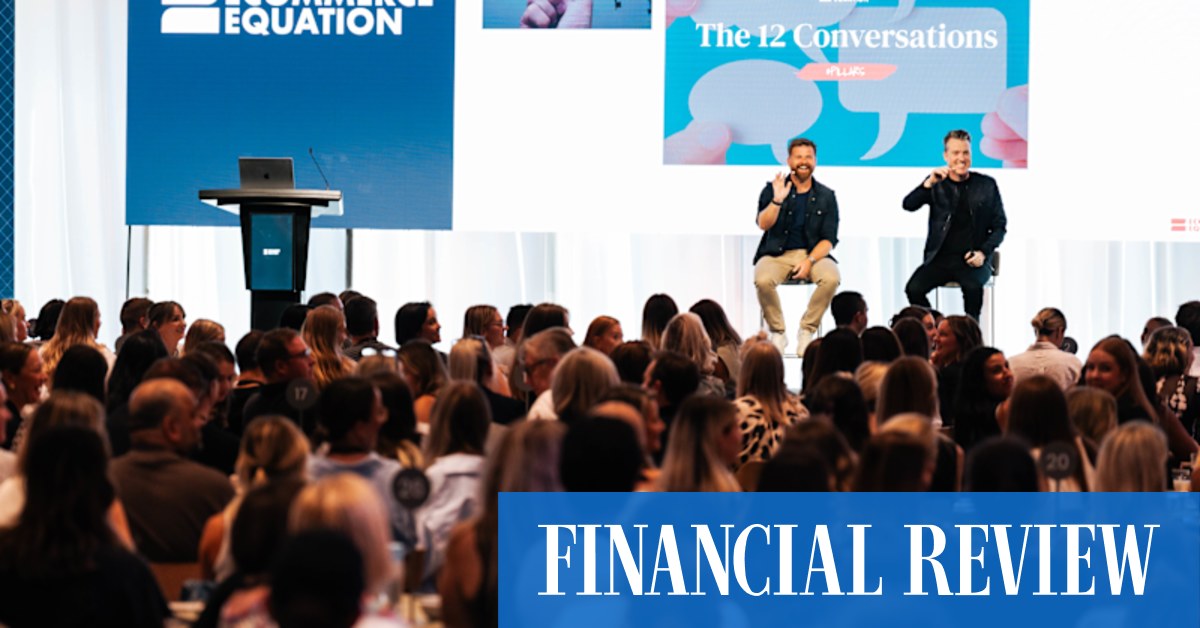Steve Sonnenberg credits his entrepreneurial “superpower” with helping him turn a side hustle into a company that’s now valued at $1 billion, he says.
The key to his success, he says: He’s not fazed by the risk of launching a new venture, or by the inevitable setbacks that follow. “When it comes to entrepreneurship, my superpower is all about just beginning. It’s very easy for me to start, because that’s just who I am,” says Sonnenberg, 44, the co-founder and CEO of employee rewards platform Awardco.
And when he experiences obstacles with his business, “I just pivot really fast, because I know it’s going to work,” Sonnenberg says. “You just have to have that level of confidence.”
Founded in 2011, Awardco was most recently valued at $1 billion following a $165 million funding round in May. Clients like AT&T and Hertz use its platform, which gives employees reward points they can redeem for millions of items on Amazon Business’ marketplace.
Sonnenberg started working on Awardco after his previous company WholesaleMatch, which he’d started in college, was named as a defendant in a civil lawsuit brought by the Federal Trade Commission. The lawsuit primarily concerned one of WholesaleMatch’s clients, and Sonnenberg’s assets were frozen during the legal proceedings. He filed for bankruptcy, shuttered his business and “had nothing left” to support his family with four young kids, he says.
DON’T MISS: Exclusive Black Friday discounts on courses to help you earn more money and get ahead at work
Yet he already knew his next step, he says: Start building his next company, even though he didn’t have a fully-formed idea for it yet. He put $5,000 he didn’t have on a credit card to buy the Awardco.com domain from its previous owner, he says.
“What does any crazy entrepreneur do? You always have another [idea] on deck,” says Sonnenberg.
As he turned to other jobs to make money — first as a freelance web designer, then working for business software company Qualtrics — Sonnenberg built Awardco on the side with his cousin Mike Sonnenberg and Qualtrics colleague Tanner Runia. His idea shifted from a physical store selling trophies to wholesale rewards for corporations before landing on Awardco’s current business model, he says.
Amazon initially balked at partnering with the then-unknown platform, says Sonneberg. The rejection could’ve pushed him to give up or move onto a different idea. Instead, Sonnenberg made cold calls to sign corporate clients up anyway, and when employees placed orders on Awardco’s platform, his wife manually ordered the corresponding products on Amazon for them, he says.
In 2015, Amazon invited Awardco to partner with its Amazon Business marketplace, automating the ordering process, Sonnenberg says.
“Start, [then] pivot, pivot, pivot, pivot: That’s the story of Awardco, with my back against the wall,” says Sonnenberg.
Successful entrepreneurs ‘don’t get in the way of themselves’
Building something successful after suffering a major failure typically takes resilience and confidence. “I just keep going. I don’t know what it is, but anything I’ve ever done, it’s been successful, but it’s failed [first]. It’s the consistency of keeping it on the track,” Sonnenberg says.
Entrepreneurs frequently discuss the importance of simply taking the jump to start a new venture — anticipating that you’ll need to weather any initial setbacks, and learn from those failures to increase your chances of future success.
“Entrepreneurship is really hard. There’s no instant success … You just have to be ready to fail,” Dayu Dara Permata, the co-founder and CEO of Indonesian property transaction platform Pinhome, told CNBC Make It in May. “Fail fast, learn fast.”
Of course, you shouldn’t try to fail simply for the sake of failing, according to Harvard Business School professor of leadership Amy C. Edmondson. Thoroughly research each new opportunity to minimize risk and ensure that any failure is an “intelligent failure,” Edmondson recommended in December 2023.
Sonnenberg had a leg up on his Awardco research, he says: His father made awards and plaques for large organizations like McDonald’s. “I just knew the space. I knew that this industry is old school [and] ripe for disruption. I was 100% confident that we were going to find success,” he says.
His confidence is partially a result of being “a bit [of] a naive entrepreneur,” he adds. “And I think that’s a trait of successful entrepreneurs: They don’t get in the way of themselves.”
Earn more and get ahead with CNBC’s online courses. Black Friday starts now! Get 25% off select courses and 30% off exclusive bundles with coupon code GETSMART. Offer valid November 17 through December 5, 2025.
Plus, sign up for CNBC Make It’s newsletter to get tips and tricks for success at work, with money and in life, and request to join our exclusive community on LinkedIn to connect with experts and peers.









